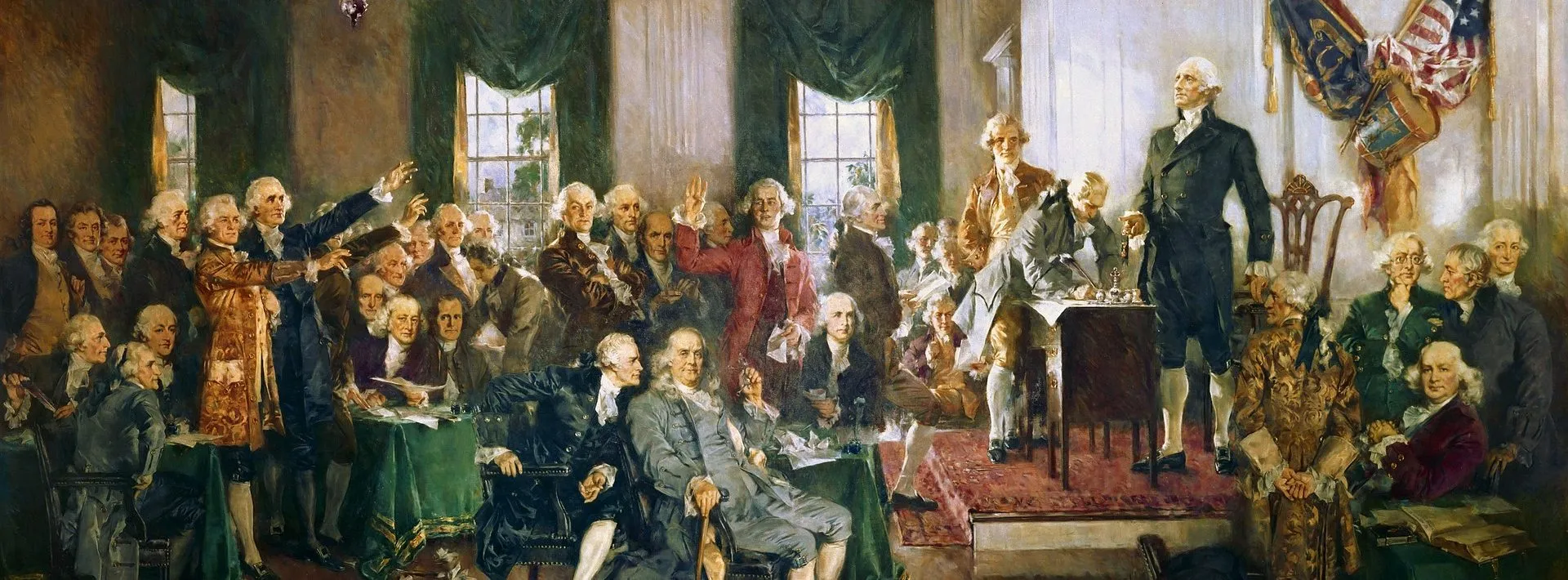Detroit News Op Ed by Prof. William Wagner
Article IV, Section 1 of the Michigan Constitution provides “[t]he legislative power of the State of Michigan is vested in a senate and a house of representatives.” Nonetheless, the Michigan Supreme Court handed down a decree Thursday amending the Elliott-Larsen Civil Rights Act to add sexual orientation to the list of classifications covered by the law. The judicial edict shamelessly usurps the constitutional lawmaking authority held by Michigan’s Legislature.
When the Michigan Legislature enacted our civil rights act in 1976, the relevant committee considered and voted to not add sexual orientation to the list of classifications covered. Through the years thereafter, the legislature considered and rejected legislation to add the classification eleven times. Knowing this truth, advocates for amending the statute recently launched an unsuccessful petition drive to change the law. Incredibly, even with all this evidence, the Court’s majority opinion concluded, “there are any number of potential explanations why sexual orientation was not explicitly included…. Perhaps some legislators believed that sexual-orientation discrimination was necessarily included through the prohibition on sex discrimination and so did not seek its explicit inclusion.”
Divisive preferential classifications in so-called anti-discrimination statutes evoke passionate viewpoints and debate. Public policy decisions of this importance ought to allow for input from all Michigan citizens, not just a few lawyers wearing robes using the ink in their pens to promulgate their personal political policy preferences. Still, an activist faction of Michigan’s Supreme Court brazenly legislated those preferences from their bench. When Supreme Court justices usurp the role of the legislature it undermines government of the people because it denies participation by the people. Such usurpation destabilizes constitutional good governance and the Rule of Law, ultimately destroying the institutional legitimacy of our judicial institutions. Those on the losing side of a legislative battle accept the loss because the process allowed them to fully participate. Those on the losing side of judicial activism, though, see the judicial policy-making as illegitimate and an abuse of power, diminishing trust in judiciary.
Moreover, state and local governments frequently wield so-called anti-discrimination initiatives as a weapon to oppress religious people. The exponential expansion of government actions interfering with an individual’s exercise of religious conscience is especially prevalent in cases involving small and family-owned businesses. Recent cases against bakers, printers, and bed and breakfast proprietors illustrate the point. Even more troubling, expect Michigan authorities to now investigate Christian business owners for violating the provisions of this judicially amended statute. One thing is sure, the judicially amended law has nothing to do with civil rights. It is, rather, a raw exercise of judicial and executive power that ignores the limits the Constitution places on the exercise of such power.
No matter what good intentions or reasons may exist to add the category of “sexual orientation” to Michigan’s civil rights law, it was the role of the legislature to do so, not the judiciary. Notwithstanding what activists at the Michigan Supreme Court desire the Michigan law to say, the Court’s constitutional duty was to determine what the Michigan Legislature said. One may personally believe that our civil rights law needs changing. Amendments of that significance, however, implicate important public policy decisions properly addressed through the people and their representatives in the legislature, not the judiciary. Even supporters of the policy change should shudder at who made the change and how it occurred.
Professor William Wagner is President of the Great Lakes Justice Center











